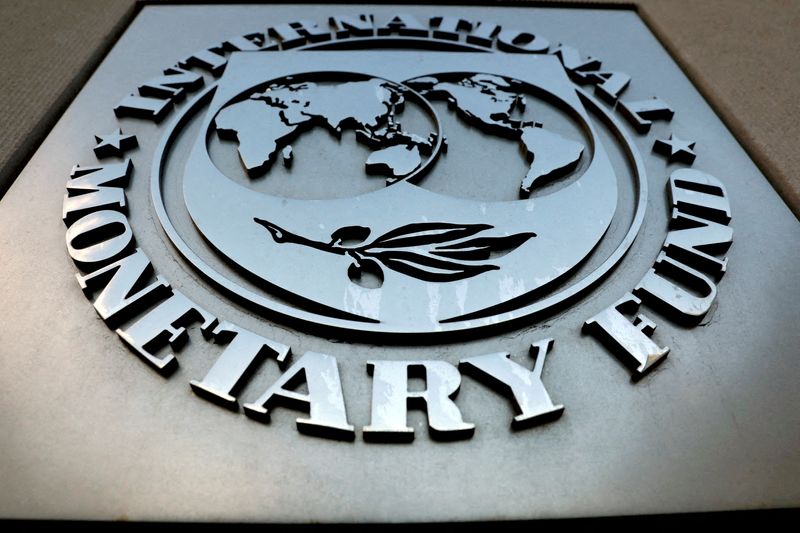By David Lawder
WASHINGTON (Reuters) - The International Monetary Fund on Tuesday significantly raised its 2023 growth forecast for Mexico to 3.2% from a 2.6% forecast issued in July, citing strength in private consumption, services, construction and automotive production.
The IMF in a statement said that following its "Article IV" annual economic review mission to Mexico City it also raised its 2024 growth forecast for Mexico to 2.1% from 1.5% in July.
The new forecasts indicate continued economic strength in North America as the IMF prepares to release a new update to its World Economic Outlook global growth forecasts next week during annual meetings in Morocco.
The IMF said Mexico's expansion was broad-based, with record-low unemployment and record-high manufacturing capacity utilization rates.
Mexico has a significant opportunity to capture "nearshoring" of U.S. supply chains due to deep trade links to its northern neighbor.
"However, capitalizing on this potential and competing with other production locations will require addressing Mexico’s long-standing structural challenges while continuing to pursue prudent macroeconomic policies," the IMF said.
"This will require higher and better-targeted public investment, better governance, increasing access to domestic sources of finance, increasing female labor force participation, and pivoting consumption toward cleaner sources of energy," it added.
FISCAL CHALLENGES
But the IMF said Mexico was suffering from weak revenue performance, with a projected overall 2023 fiscal deficit of 3.9% of GDP during 2023, which represents an increase in the structural primary deficit of 0.5 percentage point of GDP.

The Fund added that the planned 2024 budget was "unduly procyclical," with increased spending on pensions, wages and flagship investment projects compounded by revenue pressures, for a projected deficit of 5.4% of GDP. It said this "will boost demand at a time when the economy is operating above potential and inflation is not yet back to the central bank's target."
The IMF said this added growth pressure will likely lead to a higher path for interest rates, a stronger currency, a higher debt-to-GDP ratio and a slower decline in inflation.